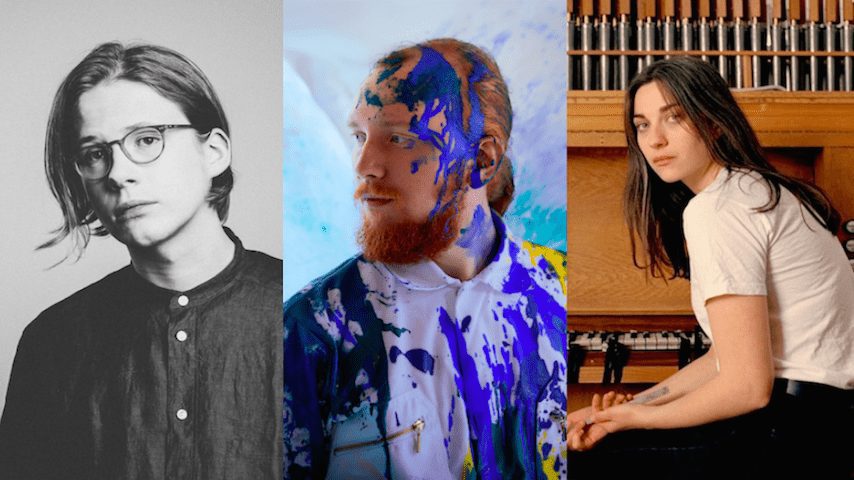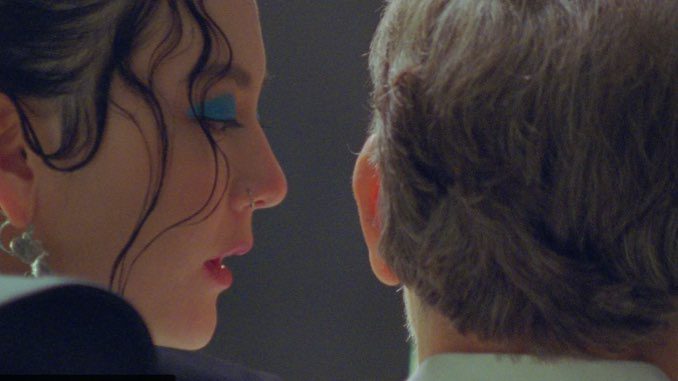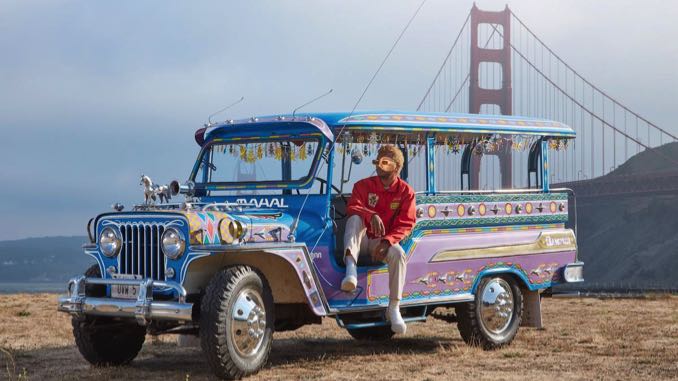There aren’t many words that can make us feel better right now. Peace of mind is hard to come by these days, but sometimes the most comforting sentiments are the unspoken ones, which is why instrumental albums are such a gift. These are albums for moments of solitude that allow us to feel more connected to ourselves and the people that we can’t be around just yet. Whether or not you would consider yourself a religious or spiritual person, this is transcendent music about the human condition—more than capable of producing similar sensations of devotion and awe. In an effort to spread these complex and visceral feelings that come from instrumental albums, we decided to share a selection of 2020 releases that give us those precise feelings. From artists based in Los Angeles and Tokyo to Hamburg and Reykjavík, this is music of the earth, and we hope you find something here that makes your existence on this planet feel a little more meaningful and less overwhelming.
Listen to the full playlist on Spotify here.
AURAGRAPH: Memory Tracer
This glorious synthwave album will remind you of sensations you forgot about. There’s a numbness to sitting inside all day, far removed from the daily hustle and bustle and vibrant nightlife of the city. Memory Tracer, the new album from Los Angeles experimental artist AURAGRAPH, will reacquaint you with those bewitching textures, helping you reconnect with your exhilarated side while tapping into your current blurry state. Minimal synths trickle in, building to dramatic ’80s soundscapes and wisps of moody vaporwave.
Brian Eno and Roger Eno: Mixing Colours
Renowned composers, performers and brothers Brian and Roger Eno spent about 15 years making their latest album and first as a duo. Mixing Colours began with Roger sending improvised bits of music recorded with a MIDI keyboard to Brian, who later manipulated them and added his own touches. After amassing more and more material over several years, they decided to turn it into a full-length collaborative album. Roger found inspiration in Schubert, while Eno was inspired by the limitless possibilities of electronic music, resulting in 18 songs of solemn contemplation and minimalism. Synth echos dance around understated piano compositions, and while it sounds occasionally austere, it’s a largely moving, grounded piece.
Gabríel Ólafs: Piano Works
Icelandic artist Gabríel Ólafs started playing piano at five-years-old and was later discovered by Bjork’s manager after he performed on national TV. He released his debut album, Absent Minded, just last year, which he began writing at age 14, and its piano-based songs are intensely evocative—tales of wonder, innocence and wistfulness swirl via Ólafs’ beautifully-paced melodies alongside tender strings. This year, Ólafs released Piano Works—a collection of new material and re-recordings of previous work. The album was recorded during a storm, and you can occasionally hear the nearby window creaking from the wind. Though it’s more stripped-back than Absent Minded, the intuitive magic of these compositions is still evident.
Kali Malone: Studies for Organ
Last year, Kali Malone released her critically-acclaimed album The Sacrificial Code, a double LP of droning pipe organ music. Its subtle melodic fluctuations were mournful yet comforting, and the pace was mesmerizingly slow. More recently, Malone has shared a six-track rehearsal demo tape entitled Studies for Organ. “I recorded these as a form of note taking during the compositional process, not thinking of the recording as a final form but as documentation of an evolving practice,” she writes via Bandcamp. “Fascinated by the transmutability of the musical material, I later went on to apply variations of these compositional structures to other organs and instrumentations.” Studies for Organ is busier and contains more varied tempos than The Sacrificial Code, and as a result, it’s a bit easier to digest for the average listener, but its cascading grace still remains.
Listen here
Leo Takami: Felis Cactus and Silence
Japanese composer and guitarist Leo Takami’s latest album, Felis Cactus and Silence, was made with the intent to “become aware of precisely the time and place I am living,” as he puts it. It’s an album purposely made to recenter the listener—not just to help them focus in the present, but be at peace with the past and future. It’s filled with forgiveness and patience, with even the more ornate arrangements lending space to roam and think. Takami’s reference points are primarily ambient, jazz and classical music, and his ear for contrast and emphasis is spectacular—an especially welcome feat with music this subtle. If you’re in need of a pleasant New Age LP to spur creativity and tranquility, look no further than this album.
Niklas Paschburg: Svalbard
Oceanic, the 2018 debut album from German artist Niklas Paschburg, was a poignant tidal wave of piano, strings and electronics, and its 2020 follow-up is even bolder. Svalbard was recorded between 2018 and 2019 and written on the archipelago between Norway and the North Pole, which shares the album’s title. Being in such an isolated place and one where the effects of climate change are even more clear became immediate points of inspiration for Paschburg, as well as the perpetual state of night that the island experiences during the winter months. Merging ambient, classical and electronic sounds, Svalbard is full of hopeful glimmers, but they’re balanced with moments of genuine struggle. It’s a picturesque album of yin and yang with a power that’s infinitely amplified by the listener’s willingness to bring their own tales of perseverance to these majestic soundscapes.
Okkyung Lee: Yeo-Neun
Famed avant-garde cellist and composer Okkyung Lee just released her latest work and first for Shelter Press, Yeo-Neun. It was recorded by a chamber music ensemble founded in 2016, which features Lee (cello), Maeve Gilchrist (harp), Jacob Sacks (piano) and Eivind Opsvik (bass). It’s noticeably less experimental than the deliberately discordant Look Right and Ghil, and it’s much more reflective. Yeo-Neun is a look back at her life and long career in the avant-garde world, and its partially-improvised tracks ache with elegance and immediacy. Her constructions are, at times, puzzling, but the sweeping melodies and thought-provoking tones always bring you back into the fold.
Robert Rich: Offering to the Morning Fog
Robert Rich is one of the most consequential names in ambient and electronic music. He’s released dozens of genre-defining albums over the years, but is perhaps best known for his “sleep concerts” that began in the ’80s—immersive, all-night experiences that attempt to improve the REM cycles of their audiences with music. Rich’s latest work is called Offering to the Morning Fog, which was devised in reaction to the ongoing global turmoil. “I made this very calm album in response to requests from listeners, who asked if I had any unreleased music that could offer a quiet place for them to breathe for a while,” Rich says. “I didn’t have any old unreleased pieces like that, so I created something new.” Its flowy ambient and electronic compositions are incredibly in tune with the seemingly random nature of existence that lends itself to both beauty and cruelty. The spacey atmospherics make for a spiritual experience, best enjoyed when you’re alone and in need of a meditative boost.
Listen to the full playlist on Spotify here.
Lizzie Manno is an associate music editor, Coldplay apologist, bread obsessive and lover of all things indie, punk and shoegaze at Paste. Follow her on Twitter @LizzieManno




